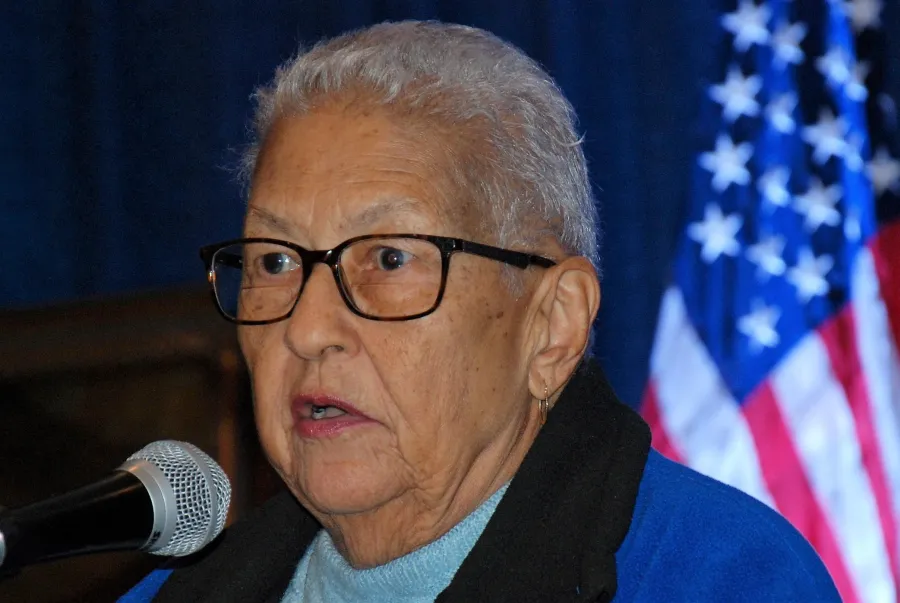AFGE: House probation bill punishes good workers

EDITOR'S NOTE: Augusta Thomas of Louisville is AFGE national vice president for women and fair practices
House bill would increase probationary period for federal employees to at least 2 years
WASHINGTON – A House bill that would at least double the probationary period for federal employees punishes good workers and does nothing to improve how employees are evaluated, says the head of the largest union representing federal workers.
“This bill does nothing to address any issues surrounding employee performance evaluations or management’s ability to properly evaluate employees during the probation period. What it does is penalize good employees who are doing good work,” American Federation of Government Employees National President J. David Cox Sr. said.
Under the bill, HR 4182, newly hired employees would be on probation for at least two years, double the current length for most workers. But the probationary clock wouldn’t start until after an employee has completed any required training or certifications – meaning new employees could be on probation for three years or longer.
“This bill would keep federal employees in a perpetual state of limbo, where they could be fired for any cause with little ability to appeal,” Cox said. “Civil service protections and the merit system exist to protect the government from politicization. Without these rights, employees on probation will have little to no protection against discrimination or retaliation.”
According to the Merit Systems Protection Board, employees under probation have very limited rights to appeal terminations or other adverse actions and aren’t even considered true federal employees until the probation period ends.
“One year is more than enough time for a competent manager to determine if new employees have the skills and ability to do the job they were hired to do,” Cox said. “If managers are having trouble assessing a worker’s performance within a year’s time, the solution is better training for these supervisors – not more time.”
The House is scheduled to vote on the bill today. There is no companion legislation in the Senate.